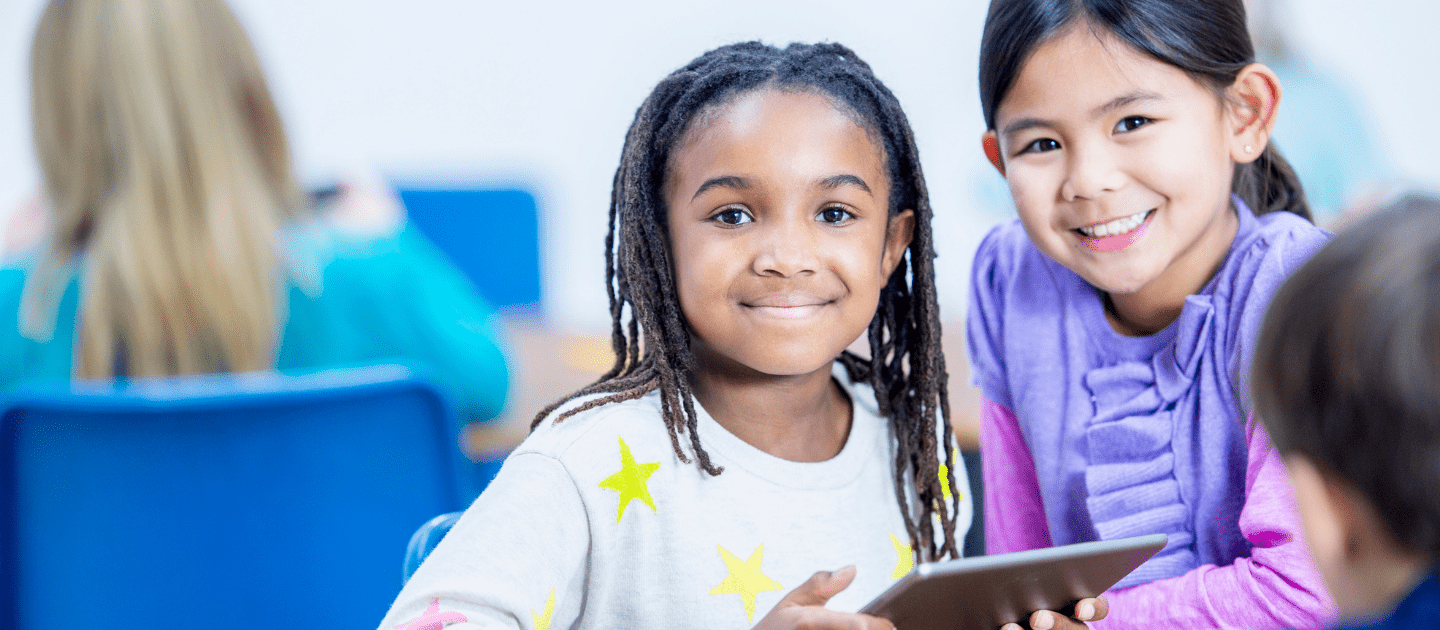
Self and Peer-Correction Techniques in Teaching
The implication of this study for educators is that utilizing peer-mediated interventions, within academic, SEL, and executive function lessons, is once again proven an evidence-based approach to increasing academic gains.
14 Apr 2024

